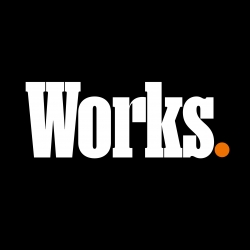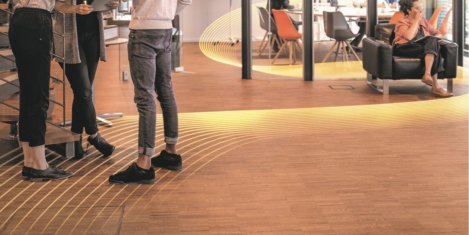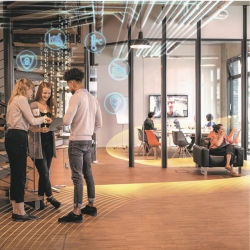To provide the best experiences, we use technologies like cookies to store and/or access device information. Consenting to these technologies will allow us to process data such as browsing behaviour or unique IDs on this site. Not consenting or withdrawing consent, may adversely affect certain features and functions.
The technical storage or access is strictly necessary for the legitimate purpose of enabling the use of a specific service explicitly requested by the subscriber or user, or for the sole purpose of carrying out the transmission of a communication over an electronic communications network.
The technical storage or access is necessary for the legitimate purpose of storing preferences that are not requested by the subscriber or user.
The technical storage or access that is used exclusively for statistical purposes.
The technical storage or access that is used exclusively for anonymous statistical purposes. Without a subpoena, voluntary compliance on the part of your Internet Service Provider, or additional records from a third party, information stored or retrieved for this purpose alone cannot usually be used to identify you.
The technical storage or access is required to create user profiles to send advertising, or to track the user on a website or across several websites for similar marketing purposes.
 We’ve received plenty of messages over the past few weeks, asking when we’re going to see the first full publication of Works – the new workplace design magazine (and sister title to IN) following the successful launch of its pilot issue. Well, we’re delighted to announce that the printer’s big red button has been pushed and said issue is on its way. And the digital edition is available to read free now. (more…)
We’ve received plenty of messages over the past few weeks, asking when we’re going to see the first full publication of Works – the new workplace design magazine (and sister title to IN) following the successful launch of its pilot issue. Well, we’re delighted to announce that the printer’s big red button has been pushed and said issue is on its way. And the digital edition is available to read free now. (more…)


































August 30, 2022
Is the growing number of working mums a cause for celebration or concern?
by Hina Belitz • Comment, Wellbeing